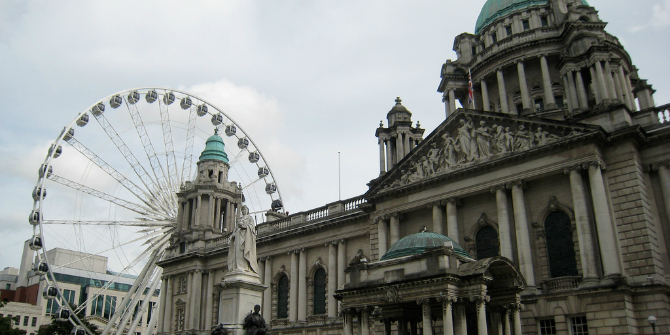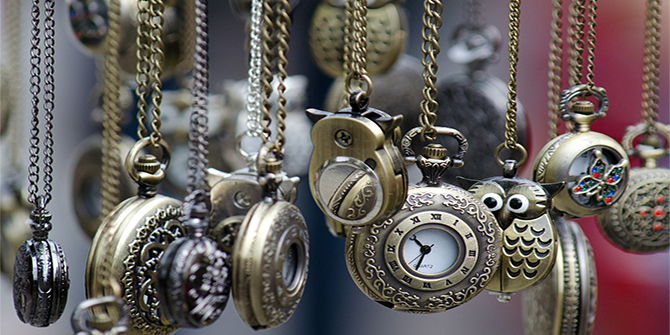We asked our Election Experts to comment on last Thursday night’s Leader’s debate on domestic affairs. This is what they said:
Rodney Barker – LSE Government
The Americanisation of British Politics?
Well not quite and, as Plaid and the SNP were quick to point, the television clash of the titans was an English affair, not a British one. The English might reply to the transatlantic comparison that prime ministers and leaders of the opposition have been debating in public for years. Each week while Parliament is in session, PM’s question time is a contest between the two leaders. All that’s changed is that they have now done it on television.
But there are differences. Gordon Brown emerged from the gloomy rigour that often characterizes his parliamentary performances, and David Cameron seemed a little at a loss having set aside the swooping attacks of his House of Commons manner. That was a difference of style. There was a more substantial difference. The two party culture sidelines the other parties, while grandstanding government and official opposition. The first of the three television debates put Nick Clegg on an equal footing with David Cameron and Gordon Brown, and quickly showed that he was more at ease in front of the cameras than either of them. David Cameron had something of the look of a startled peacock, Gordon Brown of an occasionally amiable bulldog, whilst Clegg bounced around and engaged with his audience like a cross between Tigger and Tintin.
We still have an electoral system which privileges two parties, but the television debate has turned the election campaign itself into a three party contest.
Charlie Beckett – POLIS Director
Following the debate on Twitter the impression was that it succeeded in engaging and entertaining people. Nick Clegg was easily getting the most positive online reaction – with a lot of cynicism about Cameron’s ‘common touch’. Brown left most Tweeters unmoved.
Sir Robert Worcester – LSE Government
Clegg’s debate win has broken the two-party deadlock, and may have changed the face of British politics. He’s saved maybe a dozen of his colleagues’ vulnerable seats.







